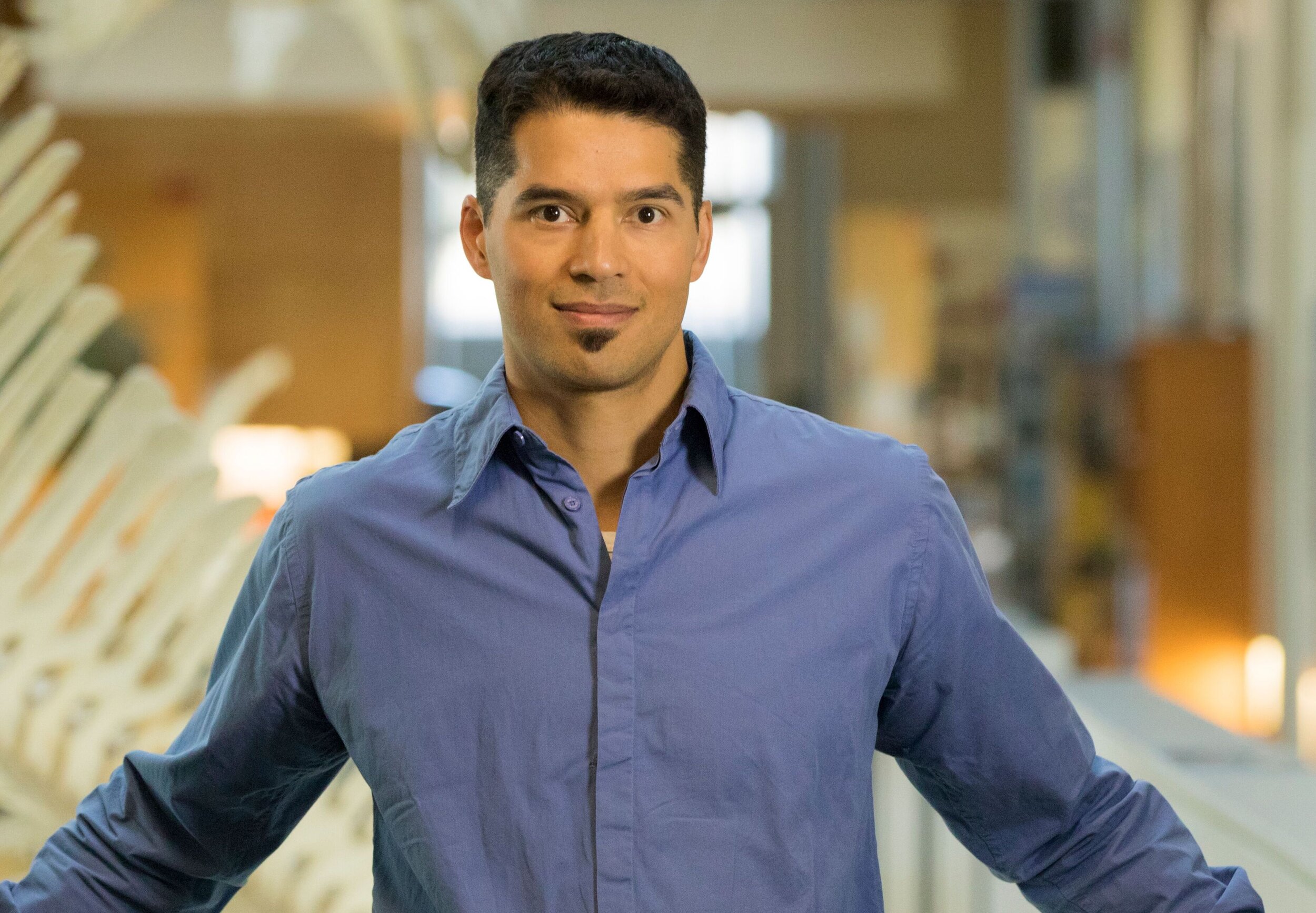Invited Speakers
All Invited Addresses will be Live-streamed As PER Conference Schedule. Q&A chat will be available For Conference Attendees.
Peter H. Kahn (Kohlberg Memorial Lecture)
Peter H. Kahn, Jr. is Professor in the Department of Psychology and School of Environmental and Forest Sciences, and Director of the Human Interaction with Nature and Technological Systems (HINTS) Laboratory at the University of Washington. He received his Ph.D. from the University of California, Berkeley, focusing on social and moral development, and then used moral-developmental methods to investigate the human relationship with nature. His current research seeks to address three world trends that are powerfully reshaping human existence: (a) The destruction of large parts of the natural world, (b) unprecedented technological development, both in terms of its computational sophistication and pervasiveness, and (c) increasing numbers of people living in dense urban environments. Kahn is Editor-in-Chief of the academic journal Ecopsychology. His publications have appeared in such journals as Science, Developmental Psychology, Child Development, Human-Computer Interaction, Journal of Systems Software, and Journal of Biourbanism. His five books (all with MIT Press) include Technological Nature: Adaptation and the Future of Human Life.
Susan Clayton
Susan Clayton is Whitmore-Williams Professor of Psychology at the College of Wooster in Ohio. She has written or edited six books, including most recently Psychology and Climate Change (2018; co-edited with Christie Manning). Her Ph.D., from Yale University, is in social psychology. Her research focuses on the human relationship with nature, how it is socially constructed, and how it can be utilized to promote environmental conservation. She has written extensively about the implications of climate change for human well-being.
Clayton is a fellow of the American Psychological Association (APA), the Society for Environmental, Population, and Conservation Psychology (SEPCP), the Society for Personality and Social Psychology (SPSP), and the Society for the Psychological Study of Social Issues (SPSSI). She is a past president of both SEPCP and SPSSI and currently a member of the APA’s governing Board of Directors. In addition to serving as the editor of the Cambridge Elements series in applied social psychology, she is on the editorial boards of the Journal of Environmental Psychology, Social Justice Research, Sustainability, and Social Psychological and Personality Science, and She is a lead author on the upcoming 6th assessment report from the Intergovernmental Panel on Climate Change.
Gregory Lowan-Trudeau
Gregory Lowan-Trudeau, PhD is originally from Moh-kíns-tsis (Calgary) of Métis, Norwegian, and Swiss descent. He is currently an Associate Professor in the Werklund School of Education at the University of Calgary, an Editor of the Canadian Journal of Environmental Education, and Fulbright Canada Visiting Research Chair 2019-2020 with the University of California at Santa Barbara’s (UCSB) Environmental Studies Program. He has also served as Assistant and, subsequently, Adjunct Professor of First Nations Studies at the University of Northern British Columbia as well as Contract Lecturer in the Faculty of Education at Lakehead University. Previously a Social Sciences and Humanities Research Council (SSHRC) and Killam doctoral scholar, he was the 2014 recipient of the Canadian Education Association’s Pat Clifford Award for early career research. Professor Lowan-Trudeau is the author of numerous journal articles and two books—From Bricolage to Métissage: Rethinking Intercultural Approaches to Indigenous Environmental Education and Research (2015) and Protest as Pedagogy: Teaching, Learning, and Indigenous Environmental Movements (2019). Building on a background in Indigenous environmental science and land-based education, his present research interests include Indigenous environmental activism, renewable energy development, and critical media literacy.
Kai Chan
Kai Chan is a professor at the Institute for Resources, Environment and Sustainability at the University of British Columbia. Kai is an interdisciplinary, problem-oriented sustainability scientist, trained in ecology, policy, and ethics from Princeton and Stanford Universities. He strives to understand how social-ecological systems can be transformed to be both better and wilder. Kai leads CHANS lab (Connecting Human and Natural Systems), and is co-founder of CoSphere (a Community of Small-Planet Heroes). He is a UBC Killam Research Fellow; a member of Canada’s Clean16 and Clean50 for 2020; a Leopold Leadership Program fellow; senior fellow of the Global Young Academy and of the Environmental Leadership Program; a member of the Royal Society of Canada’s College of New Scholars, Artists and Scientists; Lead Editor of the new British Ecological Society journal People and Nature; a coordinating lead author for the IPBES Global Assessment; and (in 2012) the Fulbright Canada Visiting Research Chair at the University of California, Santa Barbara.




